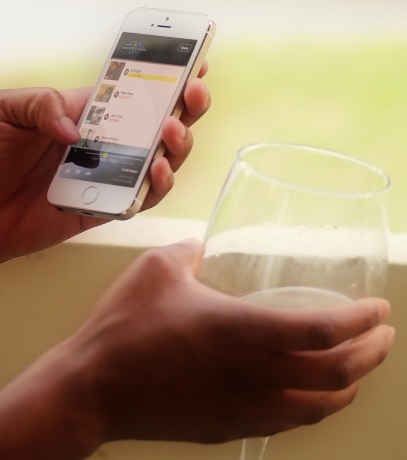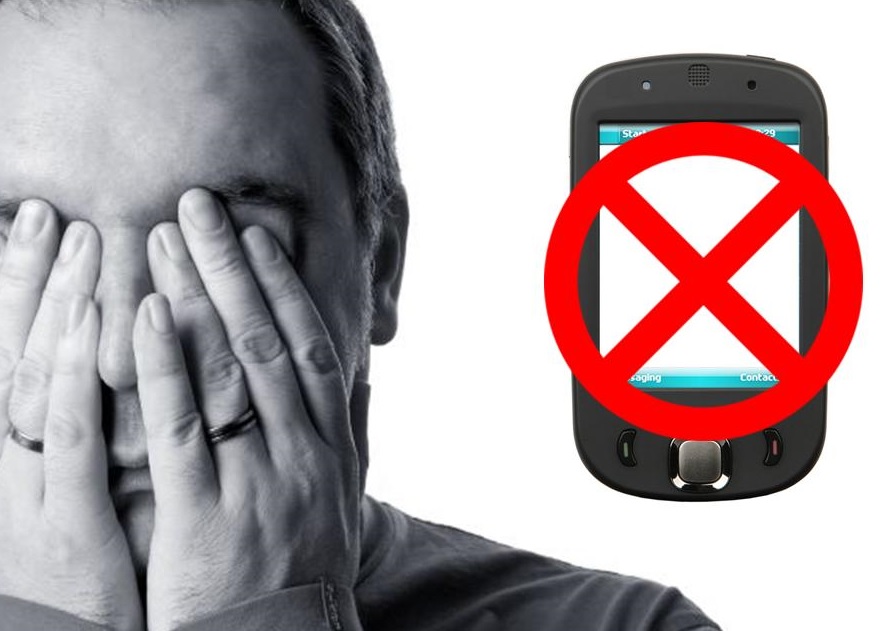Scientists are looking into the growing issue involving the fear of having to be without a mobile device.
A new research study has begun in order to take a new look at smartphone addiction from the angle of “nomophobia”, which is the term they have given to “no mobile phone phobia”, where the individual is afraid to be without a mobile device.
The research found that the human brain has started to think about mobile devices in a similar way to a relationship.
What it determined is that smartphone addiction and nomophobia could be the result of an interpretation that the brain has in terms of the acquisition and retention of information that is treated the same way as a relationship with a human being. What this interpretation from the brain is doing is leading to feelings of distress or anxiety in some people when they don’t have their mobile device with them or when they don’t know where it is. It has also meant that many people have become highly dependent on their smartphones in order to be able to fulfill some of their basic needs and to complete certain everyday tasks.
People now have a smartphone addiction to the point that their safety, learning and connection with others depends on the device.
 This dependence has expanded to the point that many people feel that without their devices, they would not be able to answer many of their question with regards to the state of their world and the people who are important to them. Moreover, the dependence that people have formed on those devices is on its way up. This helps to show why there could be psychological consequences from the relationship that has formed between people and their mobile devices.
This dependence has expanded to the point that many people feel that without their devices, they would not be able to answer many of their question with regards to the state of their world and the people who are important to them. Moreover, the dependence that people have formed on those devices is on its way up. This helps to show why there could be psychological consequences from the relationship that has formed between people and their mobile devices.
For instance, previous research has found that when we continually have external sources of information available and we feel that we can rely on those resources to discover what we want about whatever subject we want, our motivation to acquire and retain knowledge about a subject will decline. This means that people will not focus as much on actually learning something when they know they’ll be able to look it up again later.
The research has found that in this way, our smartphone addiction has taught us to treat our mobile devices as relationship partners. Previous to these devices, we would usually first consult other people when we wanted to obtain information we didn’t know. Now, we rely on our devices and when those gadgets go missing or aren’t there, it gives us a distressed feeling.

 The latest survey was commissioned by AppRiver, which is a security analyst firm. This research found that among the respondents, 42 percent brought their mobile gadgets with them to the beach when they were on vacation, and that one fifth of them used their devices for checking their email when they were in bed.
The latest survey was commissioned by AppRiver, which is a security analyst firm. This research found that among the respondents, 42 percent brought their mobile gadgets with them to the beach when they were on vacation, and that one fifth of them used their devices for checking their email when they were in bed.